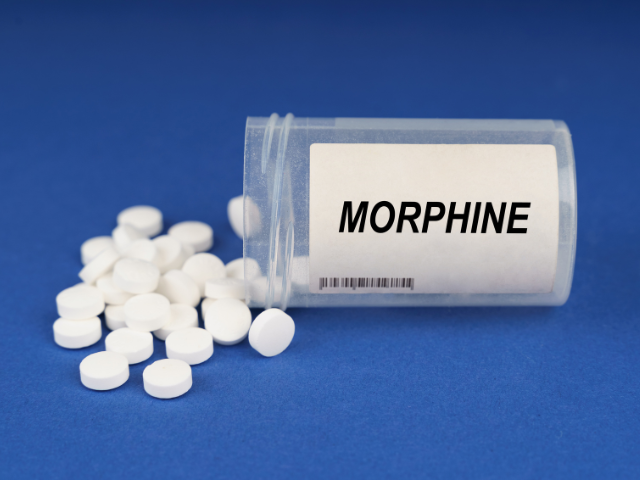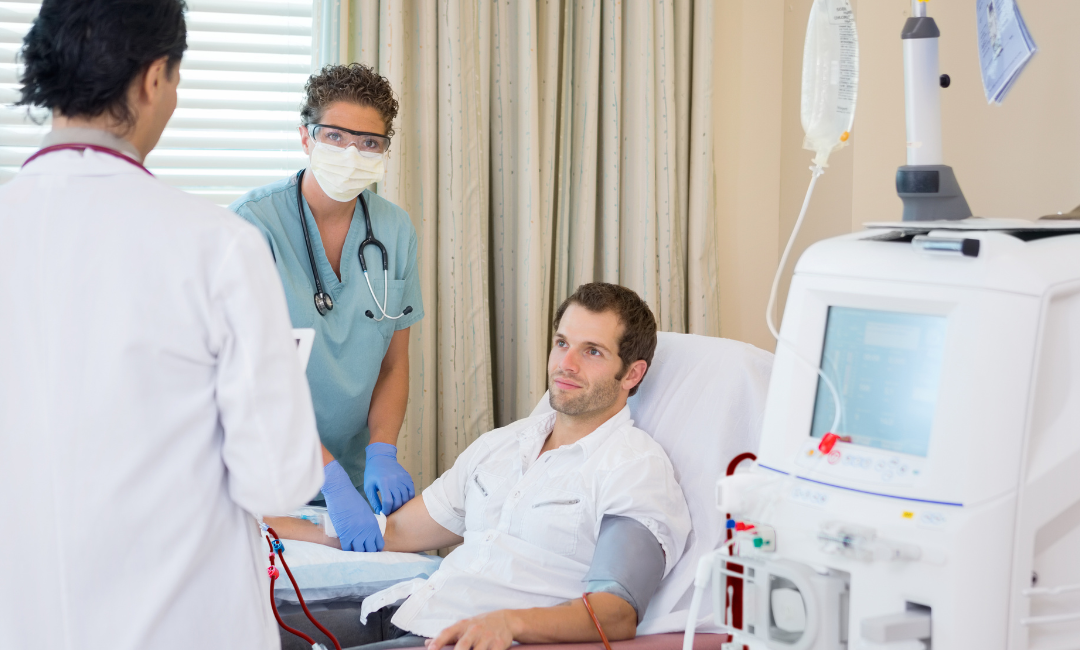Mnemonic “MONA”
Morphine
As early as 2016, researchers pleaded with academic journals to stop using the MONA acronym as a learning tool (Gouda et al., 2016). Studies show that administrating morphine to patients with a suspected myocardial infarction was associated with more significant tissue damage, worsened reperfusion, and an increased mortality risk (Chen et al., 2018). Another problem with morphine is that it may interact with antiplatelet agents given to prevent further ischemic myocardial tissue damage (Breall & Simons, 2023). Furthermore, suppose your patient becomes sedated from this analgesic. In that case, they cannot tell you if their pain is worsening or if they develop any other symptoms, such as dizziness or shortness of breath.
Oxygen
Supplemental oxygen administration was the go-to educated guess on nursing school exams. In emergencies, we are always taught to provide oxygen to our patients. However, too much oxygen can be harmful, especially to patients who maintain O2 saturations that are more significant than 94% with ambient air. A 2018 meta-analysis showed that providing oxygen to patients had no increased benefit to reperfusion, decreased mortality risk, or reduced risk of recurrent MI or ischemia (Breall & Simons, 2023). Hyper-oxygenating a patient could cause a vasoconstrictive effect in the coronary arteries and affect tissue repair from the uptick of oxygen free radicals (Gouda et al., 2016). If your patient complains of trouble breathing, check their oxygen saturation and provide oxygen if they develop worsening respiratory status. Oxygen administration is usually indicated when saturation levels are less than 90%-92%.
Nitroglycerin
While nitroglycerin is a pertinent intervention in ACS management, it should not be given in some cases. Nitroglycerin is a potent vasodilator contraindicated in patients with hypotension, taking phosphodiesterase inhibitors such as Sildenafil, or patients with right-sided heart failure (Breall & Simons, 2023). Nurses should obtain a thorough medical history and closely monitor vital signs before and during nitroglycerin administration.
Aspirin
Aspirin administration is the only aspect of MONA that remains well-supported by evidence showing clear health benefits in the ACS setting. Patients should chew 162-325mg of aspirin as soon as possible if they suspect they are having a heart attack (Awtry et al., 2023). Unless the patient has an allergy to aspirin, it should be given to all patients with suspected ACS. Typically, a loading dose of an antiplatelet drug such as clopidogrel or ticagrelor is provided as a dual therapy with aspirin to prevent recurrent MI or stent thrombosis following a percutaneous coronary intervention (Wang & Rao, 2016). Since there is an increased bleeding risk while taking these medications, nurses should monitor their patients closely for overt signs of bleeding or changes in CBC lab values.









